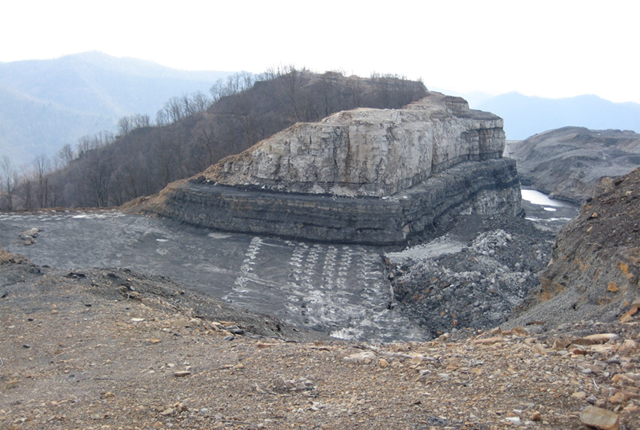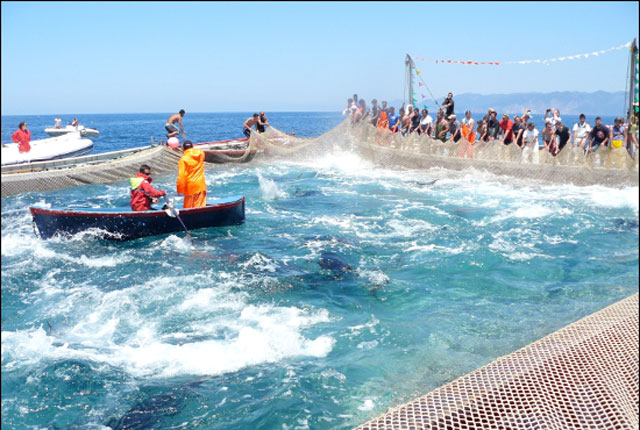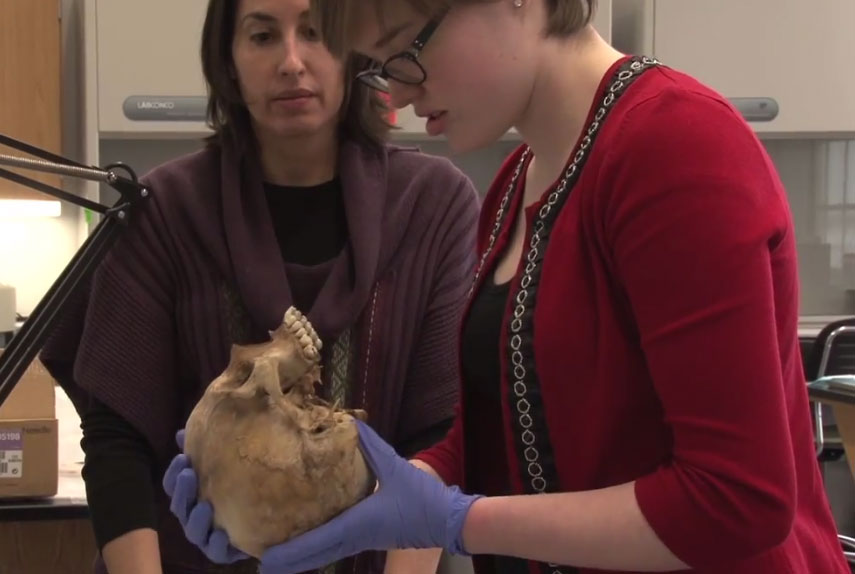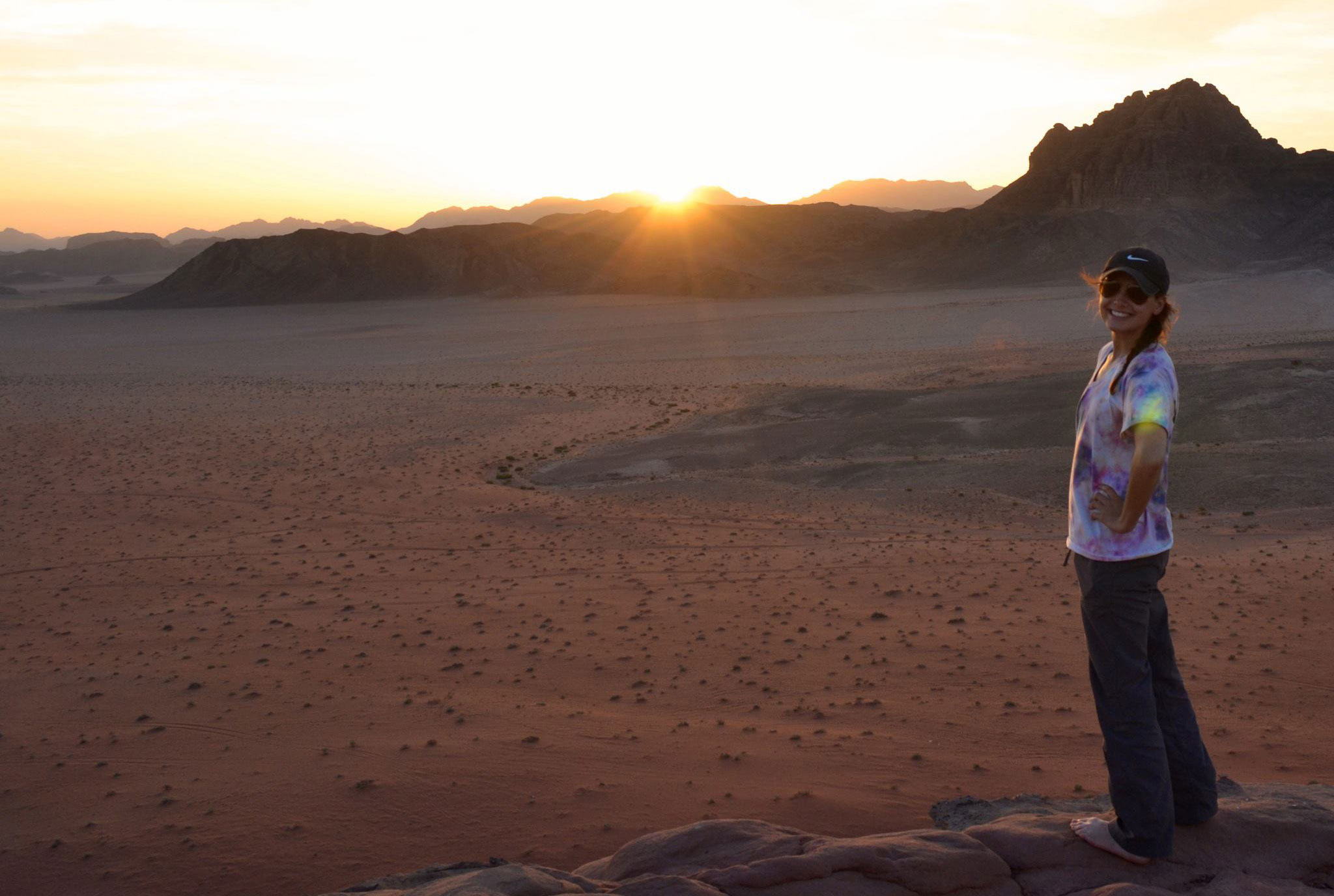Research Feature

Research seeks answers to black lung resurgence

Tequila, Mezcal and Social Science: a Q&A with Sarah Bowen

Researchers Aim to Understand What Drives School Diversity or Resegregation

On Fisheries, Society and Sustainability

Childhood Mentors Boost Career Success

‘Family Meal’ Ideal Is Stressful, Impossible for Many Families

Conducting Defining Research: A Defining Experience for Undergrads

In Ancient Artifacts, A Newfound Passion
